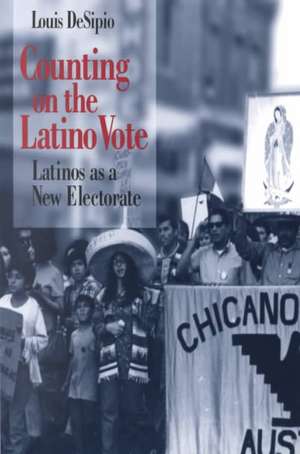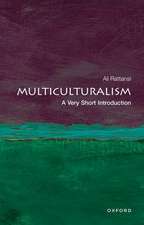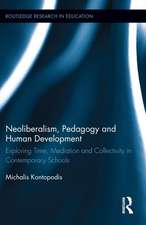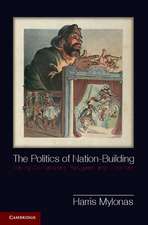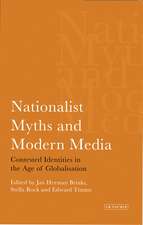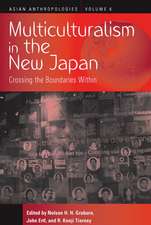Counting on the Latino Vote: Race, Ethnicity, and Politics
Autor Louis Desipioen Limba Engleză Paperback – 31 dec 1995 – vârsta de la 22 ani
Preț: 218.33 lei
Nou
Puncte Express: 327
Preț estimativ în valută:
41.78€ • 45.37$ • 35.10£
41.78€ • 45.37$ • 35.10£
Carte tipărită la comandă
Livrare economică 22 aprilie-06 mai
Preluare comenzi: 021 569.72.76
Specificații
ISBN-13: 9780813918297
ISBN-10: 0813918294
Pagini: 240
Dimensiuni: 154 x 218 x 15 mm
Greutate: 0.36 kg
Ediția:Revised
Editura: University of Virginia Press
Seria Race, Ethnicity, and Politics
ISBN-10: 0813918294
Pagini: 240
Dimensiuni: 154 x 218 x 15 mm
Greutate: 0.36 kg
Ediția:Revised
Editura: University of Virginia Press
Seria Race, Ethnicity, and Politics
Textul de pe ultima copertă
Latinos, along with other new immigrants, are not assimilating into U.S. politics as rapidly as their predecessors, raising concerns about political fragmentation along ethnic lines. In Counting on the Latino Vote, Louis DeSipio uses the first national studies of Latinos to investigate whether they engage in bloc voting or are likely to do so in the future. To understand American racial and ethnic minority group politics, social scientists have largely relied on a black-white paradigm. DeSipio gives a more complex picture by drawing on up-to-date but underutilized studies of Hispanics' political attitudes, values, and behaviors as well as on the histories of other ethnic groups. He analyzes current Latino voters as well as possible configurations of those who reside in the United States but do not now vote to explore the potential impact of Hispanics as an electorate. The author concludes that other factors outweigh ethnicity as predictors of Latino voting and that widespread mobilization of Hispanics around ethnic issues would have to occur for this pattern to change. He also concludes, through his examination of the history of ethnic voter mobilization in the United States, that the mobilization of any of the various potential Latino electorates he identifies is unlikely. Political scientists, scholars of ethnic studies, and those interested in the political consequences of immigration will find the book invaluable.
